Africa: Drone use increases
Moral and legal questions have been raised about the Obama administration’s use of drones and by concerns that they will soon be used in Africa for targeted assassinations.

Moral and legal questions have been raised about the Obama administration’s use of drones and by concerns that they will soon be used in Africa for targeted assassinations.

Over the past year, Honduran indigenous and peasant people have been caught between the land grabbers and the “war on drugs.”
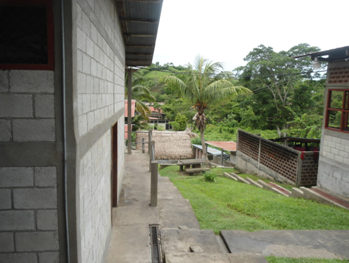
On January 28, 2013 a Guatemalan judge ruled that former head of state Efrain Rios Montt would be tried for genocide in a domestic court.
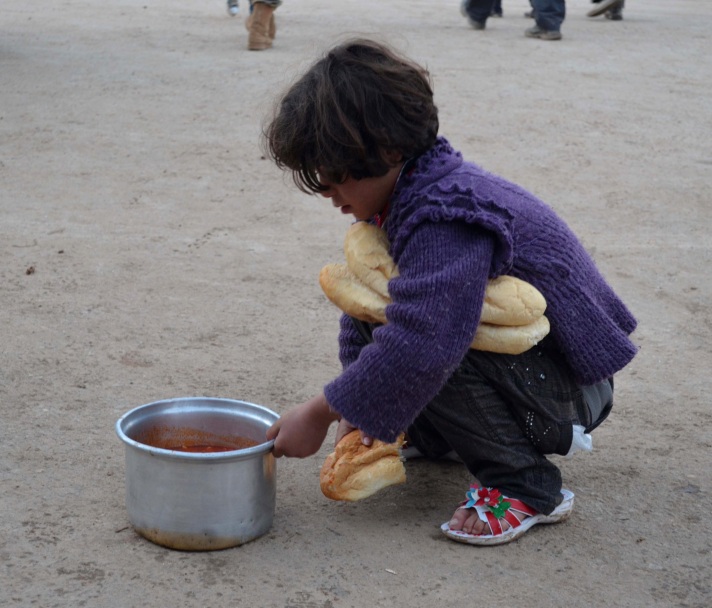
Join in an act of global solidarity with the suffering people of Syria.

February 12 marks the eighth anniversary of the death of Sr. Dorothy Stang, SNDdeN, in Brazil.

These policy goals are endorsed by 23 faith-based organizations and have been sent to the White House, USAID and the State Department.
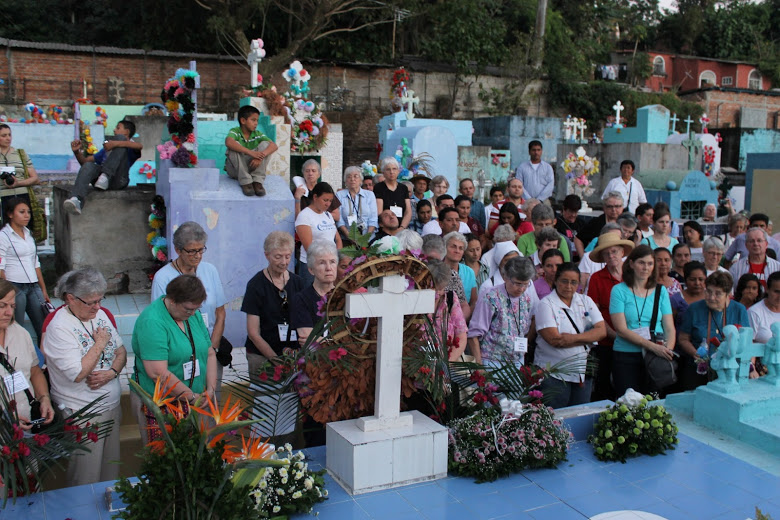
Last summer, the Leadership Conference of Women Religious (LCWR), in conjunction with the SHARE Foundation, issued an invitation to religious women and all faith-based groups to participate in a delegation to El Salvador from November 29 to December 6.

The following article by our LAWG colleagues was published on the Huffington Post.
A few resources for the new year …

President Obama’s second inauguration will be held on Monday, January 21, the same day that Martin Luther King, Jr.’s birthday is observed. As we continue to witness the negative ecological impact our current economic, political and social systems inflict, the Maryknoll Office for Global Concerns shares these excerpts of a litany for ecological healing prepared by Ibrahim Abdil-Mu’id Ramey for a multi-faith sunrise service that was held in April 2012 at the site of the Martin Luther King, Jr. Memorial located at the Potomac River Tidal Basin in Washington, D.C.

In the January 2013 issue of Sojourners, Bill McKibben writes about the bizarre weather year those of us in the United States experienced in 2012: In the U.S. alone, 2012 brought a March heat wave which led to fires in Colorado and New Mexico, and a “derecho” storm in June that followed the east coast heat wave, leaving five million people in the mid-Atlantic region without power. July 2012 was the hottest month ever recorded in the U.S.; the Midwest’s corn and soybean crops experienced a devastating drought. The grand finale for the year was the ferocious hurricane Sandy, which slammed the Caribbean, ripped through the Chesapeake Bay area, and tore up New Jersey and New York.

The Interfaith Immigration Coalition (IIC), a coalition of 35 national faith-based organizations, including the Maryknoll Office for Global Concerns, published the following requests for action from the 113th Congress, which will be seated in January 2013.

In early January a number of faith communities and allied organizations that work to support individuals and societies striving to meet basic human needs wrote to President Obama to congratulate him on his election to a second term, and to raise a number of concerns as his administration continues to develop policies and programs that address global hunger and rural poverty. The following edited version of that letter outlines the course of action needed to address the right to food and to protect our planet from further ecological destruction.
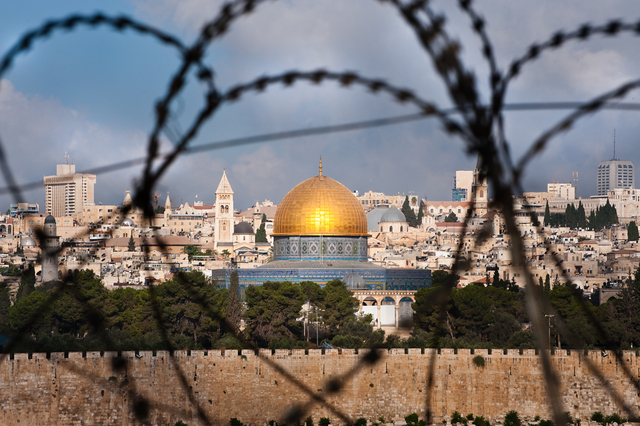
Kathy McNeely, interim director of the Maryknoll Office for Global Concerns, along with 35 other faith leaders, recently signed a letter to President Obama calling on him to bring the full energies of his administration to bear towards facilitating a just, durable and final negotiated agreement to end the Arab-Israeli-Palestinian conflict. The letter was organized by Churches for Middle East Peace (CMEP), which is gathering additional endorsements of the letter. It will be presented to the White House on Inauguration Day, January 21.
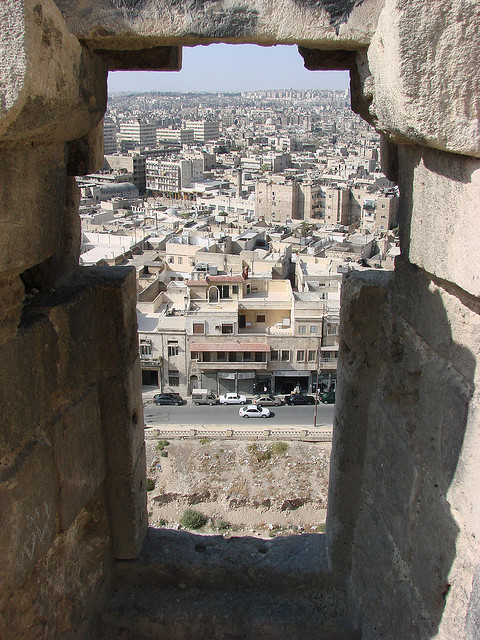
The following article by Syrian Fadi Hallisso, SJ was the basis for his December 13, 2012 presentation to a Pax Christi International workshop in Amman, Jordan.

Since June 2011, government forces from Sudan have fought the Sudan People’s Liberation Movement/Army-North (SPLM/A-N) in the Blue Nile and South Kordofan regions.

The Democratic Republic of the Congo (DRC) is the site of the world’s longest-running and most expensive peacekeeping operations, including a UN peacekeeping presence for several years after its independence in 1960 and more recent UN missions starting in the late 1990s. Despite this, an estimated five million people have died in the years since the second regional war began in 1998, and millions more have been forced to flee their homes.
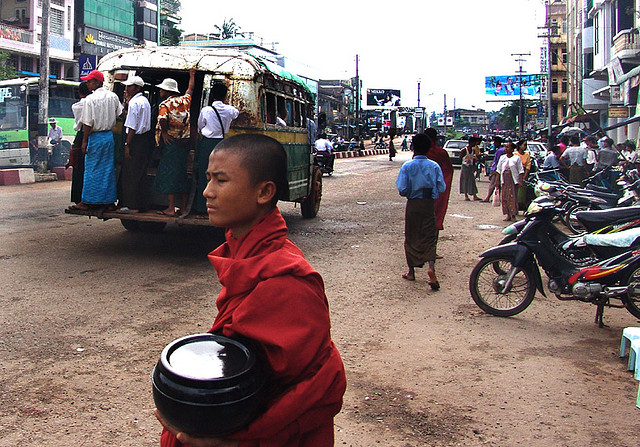
Myanmar, celebrating nascent political, economic and social changes, is at a crossroads. But like the widespread graffiti slogan “Plug the City,” a plea for more electric power in the capital city of Yangon, it is unclear if the prevailing powers will commit the energy and resources necessary to ensure permanent long-term progress.